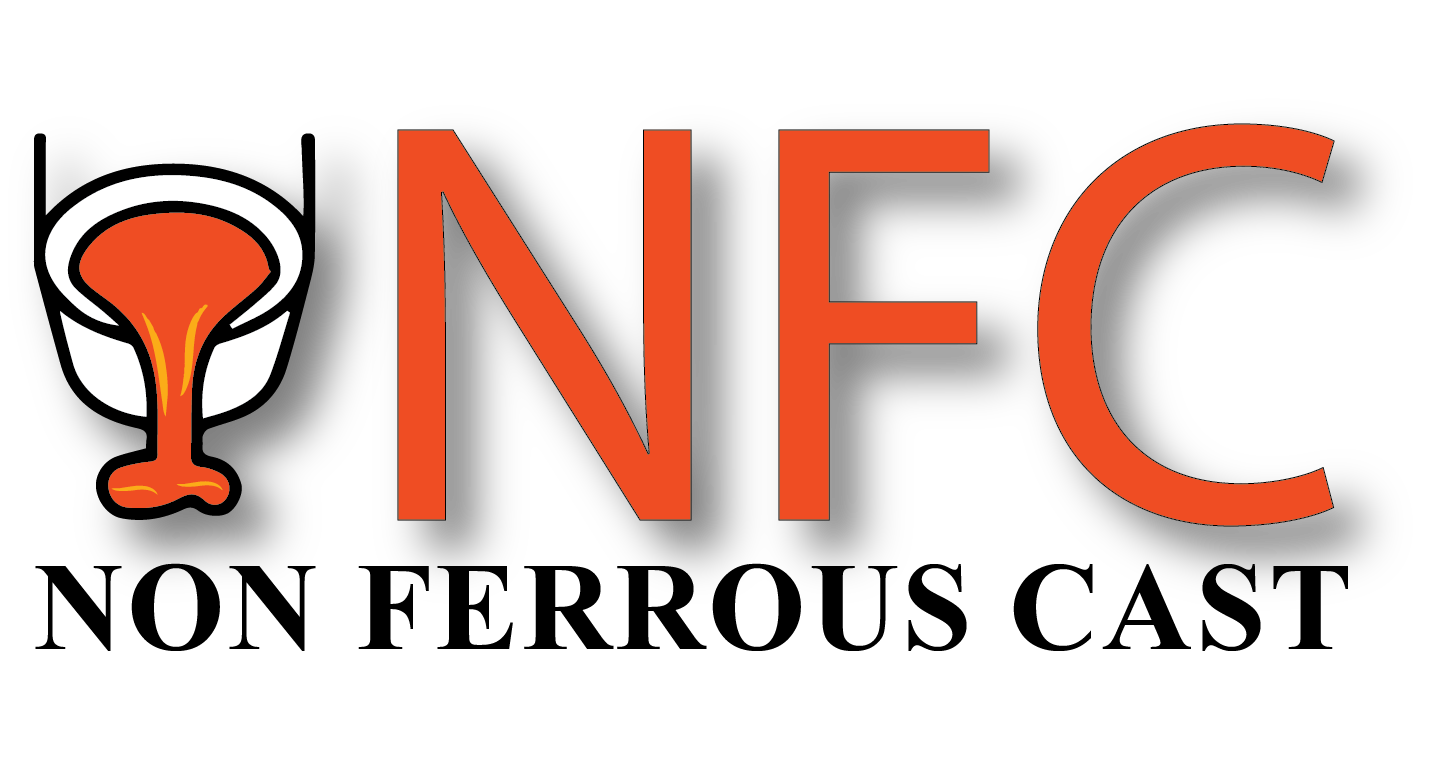Non-Ferrous Metal Casting: A Practical Overview

Non-ferrous metal casting is a widely used manufacturing process in industries to create components by pouring molten non-ferrous metals into molds. Non-ferrous metals are those that do not contain significant amounts of iron, making them resistant to rust and corrosion. Common examples include aluminum, copper, zinc, lead, and nickel, as well as their alloys.
Key Features of Non-Ferrous Metal Casting
- Corrosion Resistance: Non-ferrous metals like aluminum and copper are highly resistant to rust, making them ideal for applications in harsh environments such as marine, aerospace, and chemical industries.
- Lightweight Properties: Metals like aluminum and magnesium are lightweight yet strong, which makes them essential for automotive and aerospace components where weight reduction is critical for performance and fuel efficiency.
- High Thermal and Electrical Conductivity: Copper and its alloys are widely used for electrical wiring, heat exchangers, and other applications requiring excellent conductivity.
- Strength and Durability: Alloys like brass (copper and zinc) and bronze (copper and tin) combine strength, durability, and aesthetic appeal, making them popular for industrial, decorative, and architectural applications.
Casting Methods
- Sand Casting:
- Widely used for producing components with complex shapes.
- Ideal for large parts like pump casings, engine blocks, and industrial valves.
- Die Casting:
- High-pressure process for creating precise and detailed parts.
- Commonly used for aluminum and zinc alloys in applications such as automotive engine components, consumer electronics, and housings.
- Continuous Casting:
- Used for producing metal sheets, rods, and bars with consistent quality.
- Popular in industries requiring high-volume production.
- Centrifugal Casting:
- Used to produce hollow and cylindrical parts, such as pipes, bushings, and bearings.
- Ensures high density and strength in the final product.
Industrial Applications:
- Aerospace: Lightweight and high-strength aluminum and titanium components for aircraft structures and engines.
- Automotive: Aluminum engine blocks, transmission cases, and magnesium wheels for weight reduction.
- Construction: Brass fittings, aluminum window frames, and decorative elements.
- Electrical and Electronics: Copper wiring, connectors, and heat sinks for efficient energy transfer.
- Marine: Corrosion-resistant bronze and aluminum alloys for ship propellers and marine hardware.
Advantages of Non-Ferrous Metal Casting:
- Customizability: Ability to create complex shapes and sizes tailored to specific needs.
- Eco-Friendly Options: Many non-ferrous metals, such as aluminum, are recyclable, contributing to sustainable manufacturing practices.
- Durability: Excellent mechanical properties ensure long-lasting performance under varying conditions.
Non Ferrous Castings and Supply in various industries like Forging, Automobile, Crushing, Sugar Plants, Marine, Textile, Cement Industries with complete competence. Our line of business is mainly in manufacturing and supplying of various industrial products with Centrifugle Casting process as: Aluminium Bronze, Phosphorus Bronze, Leaded Bronze, Tin Bronze, Gunmetal, Brass, High Tensile Bronze, Non-Ferrous Oilless bushes for various Sector, Used for Maintenance, Machineries and precision work, Apart from it we are expertise in castings and supplying the products as per customer need and provide quality products and best service to our valued customer.
Nonferrouscast meets the demands when it comes to specific metals for specific parts.
At Nonferrouscast, we pride ourselves on being able to offer a multitude of casting types to serve your casting needs.
